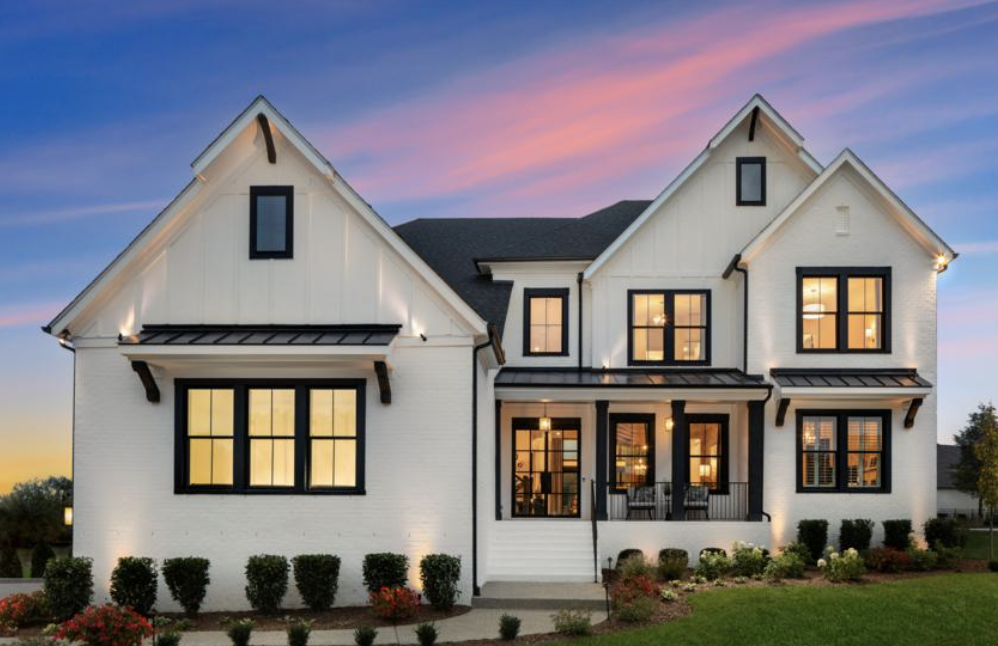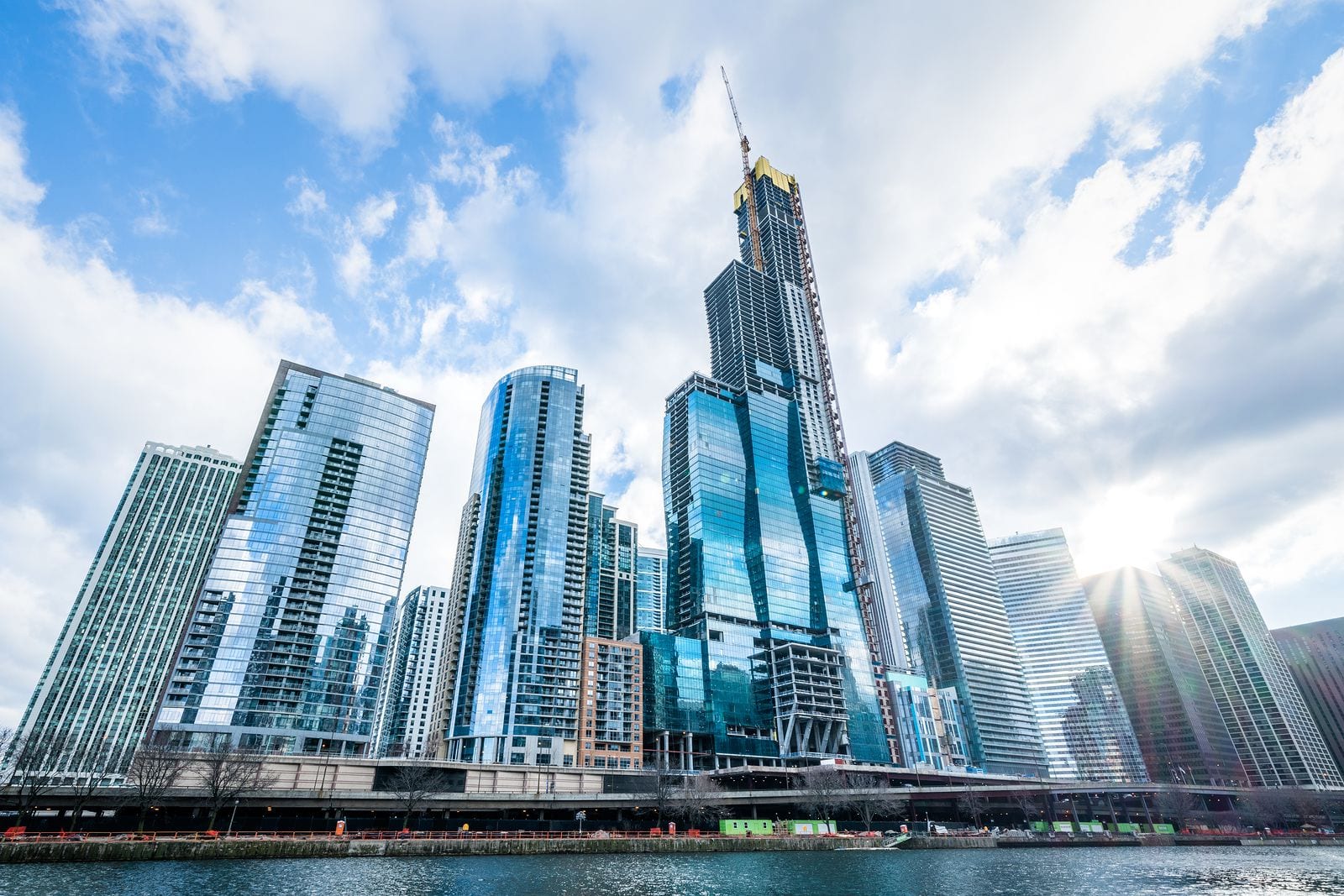
Before buying a residential or commercial property in the UK, comprehending the type of residential or commercial property ownership - whether it's freehold or leasehold - is essential. These terms might seem like legal lingo, but they can impact your responsibilities, expenditures and long-lasting plans.

In this guide, we'll explore the nuts and bolts of freehold and leasehold residential or commercial properties, so you do not need to. We'll explore whatever from what they suggest, their benefits to how they vary in terms of expenses, resale worth and legalities.

What is a freehold?
In simple terms, if you own a residential or commercial property on a freehold basis, you own the building and the land it sits on. There's no time at all limitation on your ownership, and it's all yours.
Responsibilities of a freeholder
Being a freeholder features amazing advantages! You're basically the captain of your residential or commercial property ship which means you're responsible for the upkeep of the residential or commercial property and the land. You likewise have the freedom to make upgrades to your pad without requiring approval from a property manager. It's your area to shine!
What is a leasehold?
Having a leasehold suggests you own the residential or commercial property but not the land it's constructed on. You have a lease with the freeholder (normally a 'landlord') for a number of years, decades and even centuries. The length of the lease is essential, as it can affect your capability to offer the residential or commercial property in the future.
Responsibilities of a leaseholder
As a leaseholder, you may need to pay ground rent to the freeholder, along with other charges like service charge for maintenance of typical locations. You might be limited in what modifications you can make to your home.
Types of leasehold residential or commercial properties
Typically, flats and maisonettes are offered as leasehold residential or commercial properties. Some homes can likewise be leasehold, usually through shared ownership plans. But make certain to inspect the length of the lease when thinking about these kinds of residential or commercial properties.
Differences between freehold and leasehold
Ownership of land - in freehold, you own the land, whereas in leasehold, the land belongs to another person. This distinction is one of the primary differences and typically a game-changer for lots of homebuyers.
Duration of ownership - think of freehold ownership as an unlimited adventure; it continues. But when you choose a leasehold, it's more like a Netflix subscription; you have actually got it for a particular time, which will be specified in your lease contract.
Costs included - leasehold homes often include additional expenses, like service charges and ground rent. These can be things like recurring expenses that pop up each year or bi-annually. It's possible that they may even sneak up in time.
Resale value - a freehold residential or commercial property generally has a greater resale value compared to a leasehold with a brief lease. The much shorter the lease, the harder it may be to offer the residential or commercial property or secure a mortgage.
Buying a freehold share
If you're a leaseholder, you have the option to purchase a share of the freehold. This process is understood as 'enfranchisement' and it implies you have more control over the residential or commercial property.
Bear in mind - you'll require at least half of the leaseholders in the building to concur to purchase a share. This can be an intricate process including legal charges, so it's vital to consult with the specialists.
Alternative options: commonhold residential or commercial properties
Ever heard of commonhold? It's a type of residential or commercial property ownership where you and your fellow homeowners each own your own little slice of the pie, which could be a cosy flat in a building for instance. The only difference here is that you all come together as a team to own and take care of the shared areas.
Consider it as a more democratic lifestyle. And think what? There's no landlord in the image! It's everything about homeowners working together to keep things running smoothly. This concept is reasonably brand-new in the UK, however it's selecting up steam bit by bit.

Extending the lease on a leasehold residential or commercial property
If you own a leasehold residential or commercial property, you can extend the lease at any time. However, when you have actually owned your home for 2 years, you have the legal right to extend your lease by 90 years. The expense for this can vary and is subject to negotiation with the freeholder.
It is essential to begin this procedure well before your lease goes out to avoid any complications or higher costs.
Should I buy a leasehold or freehold residential or commercial property?
So, now that you comprehend the distinction between freehold and leasehold residential or commercial properties when purchasing a home in the UK - which one is the one for you? Let's take a look at some of the main benefits and drawbacks to get a much better photo.
Advantages of owning a freehold residential or commercial property
No lease to run out: among the most considerable benefits is that you do not have to stress over the lease running out, as you own the residential or commercial property outright.
No ground lease or service fee: freeholders don't need to pay extra costs like ground rent or service charges, which can accumulate with time.
Full control: you have total control over the residential or commercial property, allowing you to make any changes or enhancements without needing approval.
Potentially much easier resale: Oftentimes, it's much easier to offer a freehold as there is no lease that can affect asking price and mortgage rates.
Disadvantages of owning a freehold residential or commercial property
Typically more expensive: as you're buying the entire plan, freeholds are generally more pricey than leaseholds to buy.
More obligation: When you're the freeholder, you are accountable for any upkeep or development costs for the residential or commercial property.
Advantages of owning a leasehold residential or commercial property
Typically less expensive: You'll discover that freehold residential or commercial properties are generally more affordable to purchase than leasehold residential or commercial properties.
No responsibility for upkeep of the structure: General maintenance is the responsibility of the freeholder.
No duty for maintenance of common facilities: Any work required for the communal facilities falls within the obligation of the freeholder.
Disadvantages of owning a leasehold residential or commercial property
Limited ownership: As a leaseholder, you do not have the same ownership rights and options as the freeholder. You're successfully leasing from them.
Lease can run down: While lots of leases are long, it's possible for them to diminish. They can be renewed, but at an extra expense.
May need to pay ground lease and service fee: You may need to pay the freeholder surcharges as a leaseholder.
Require approval to make modifications: As a leaseholder, you may need to seek the composed approval of the freeholder before making modifications to the residential or commercial property.
Can be more difficult to sell: Generally speaking, the closer a leasehold is to running down, the harder a sale can be for a leaseholder.
While both have their advantages and disadvantages, think about the reality that your option will depend upon your long-term plans, monetary scenario and the type of residential or commercial property you have actually got your eyes on. It's always a good idea to get assistance from legal consultants and the residential or commercial property pros so that you can be confident you have actually made the most intelligent decision.







